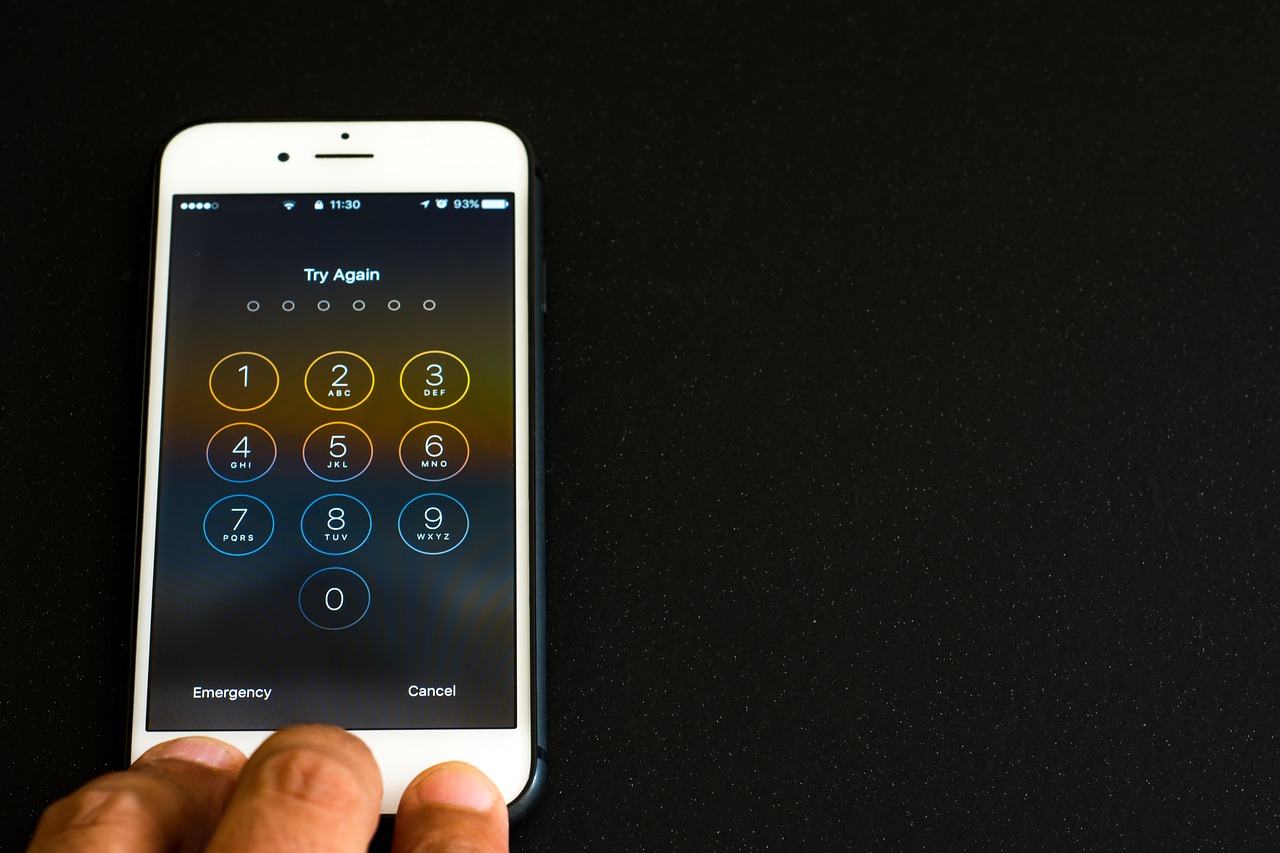The Future of Biometric Authentication in Healthcare
Biometric authentication offers a secure and reliable way to verify the identity of healthcare providers and patients. By using unique biological characteristics such as fingerprints or facial recognition, healthcare facilities can ensure that only authorized individuals have access to sensitive medical records and information. This helps to prevent unauthorized access and protect patient privacy, maintaining the confidentiality and integrity of healthcare data.
Moreover, the use of biometric authentication can streamline administrative processes in healthcare settings. With biometric technology, healthcare professionals can quickly and accurately access patient records, reducing the time spent on manual logins or password resets. This efficiency not only improves the overall workflow within healthcare organizations but also enhances the quality of patient care by enabling healthcare providers to access critical information promptly.
Challenges and Concerns with Biometric Authentication in Healthcare
Biometric authentication in healthcare presents several challenges and concerns. One of the main issues is the potential for security breaches. Biometric data, such as fingerprints or retinal scans, can be stolen or replicated, leading to unauthorized access to sensitive patient information. This raises concerns about the privacy and confidentiality of patient data, especially considering the significant consequences of healthcare data breaches.
Another challenge with biometric authentication in healthcare is the potential for inaccuracies. Factors such as variations in biometric characteristics due to age, illness, or environmental conditions can lead to false rejections or false acceptances. This could result in delays in accessing medical records or even denial of necessary care, posing risks to patient safety. Addressing these challenges and concerns is crucial for the successful implementation of biometric authentication in healthcare.
What are some of the benefits of using biometric authentication in healthcare?
Some benefits of biometric authentication in healthcare include improved security, enhanced patient privacy, reduced risk of identity theft, and streamlined access to medical records.
What are some common challenges and concerns with biometric authentication in healthcare?
Some common challenges and concerns include potential privacy risks, accuracy and reliability issues, interoperability with existing systems, and the need for proper training of staff and patients.
How can healthcare organizations address privacy concerns related to biometric authentication?
Healthcare organizations can address privacy concerns by implementing strict data protection measures, ensuring compliance with regulations such as HIPA
How can healthcare organizations improve the accuracy and reliability of biometric authentication systems?
Healthcare organizations can improve the accuracy and reliability of biometric authentication systems by regularly updating software, calibrating devices, conducting regular training for staff, and implementing multi-factor authentication methods for added security.
What should healthcare organizations consider when implementing biometric authentication systems?
Healthcare organizations should consider factors such as cost, scalability, ease of use, compatibility with existing systems, and potential risks associated with biometric data storage before implementing biometric authentication systems.





